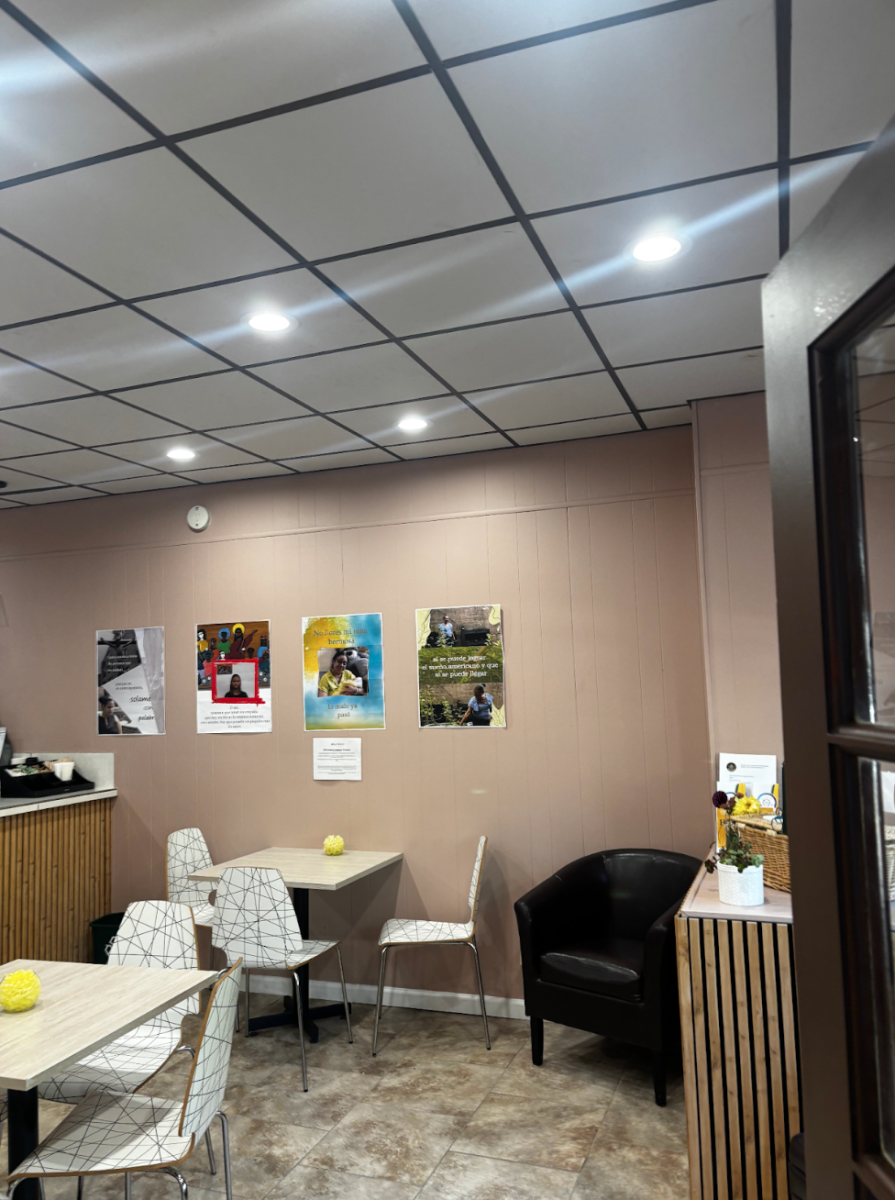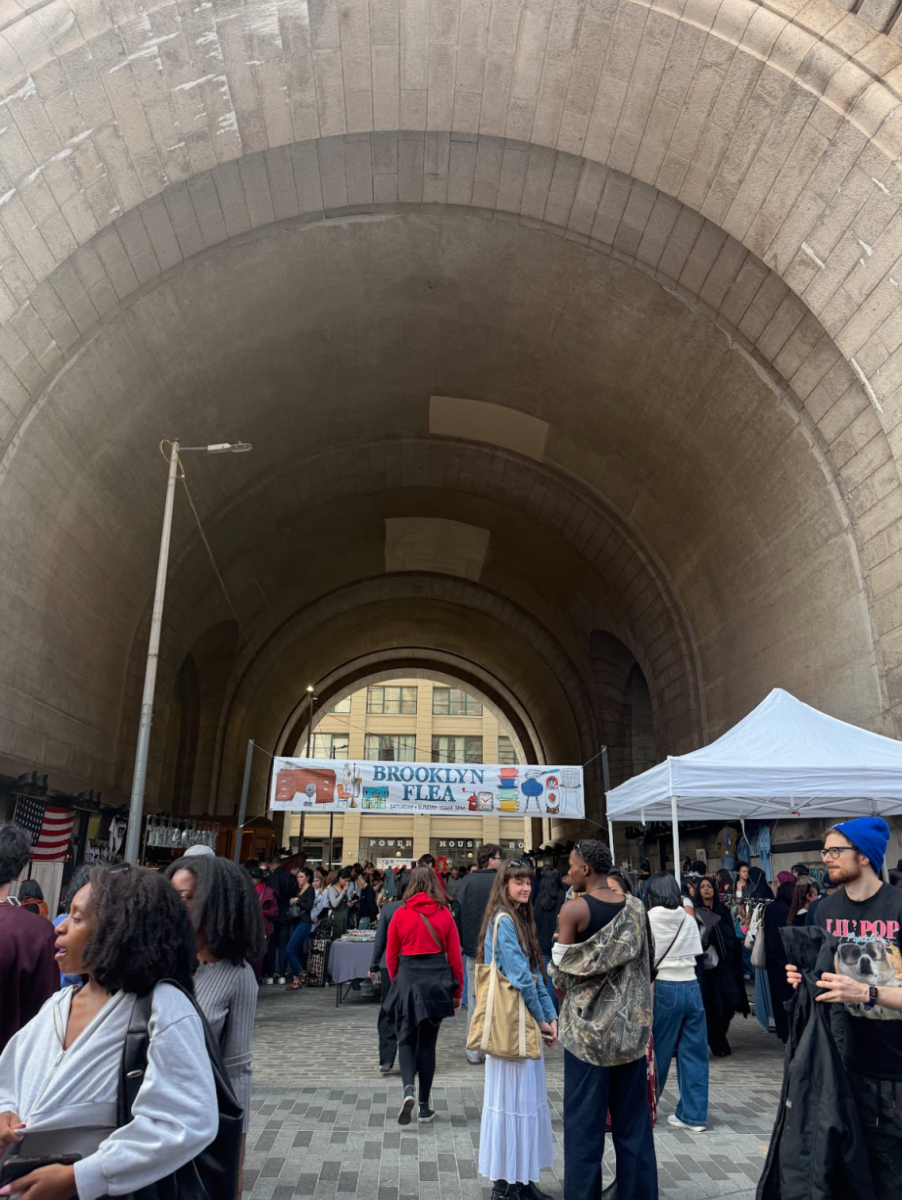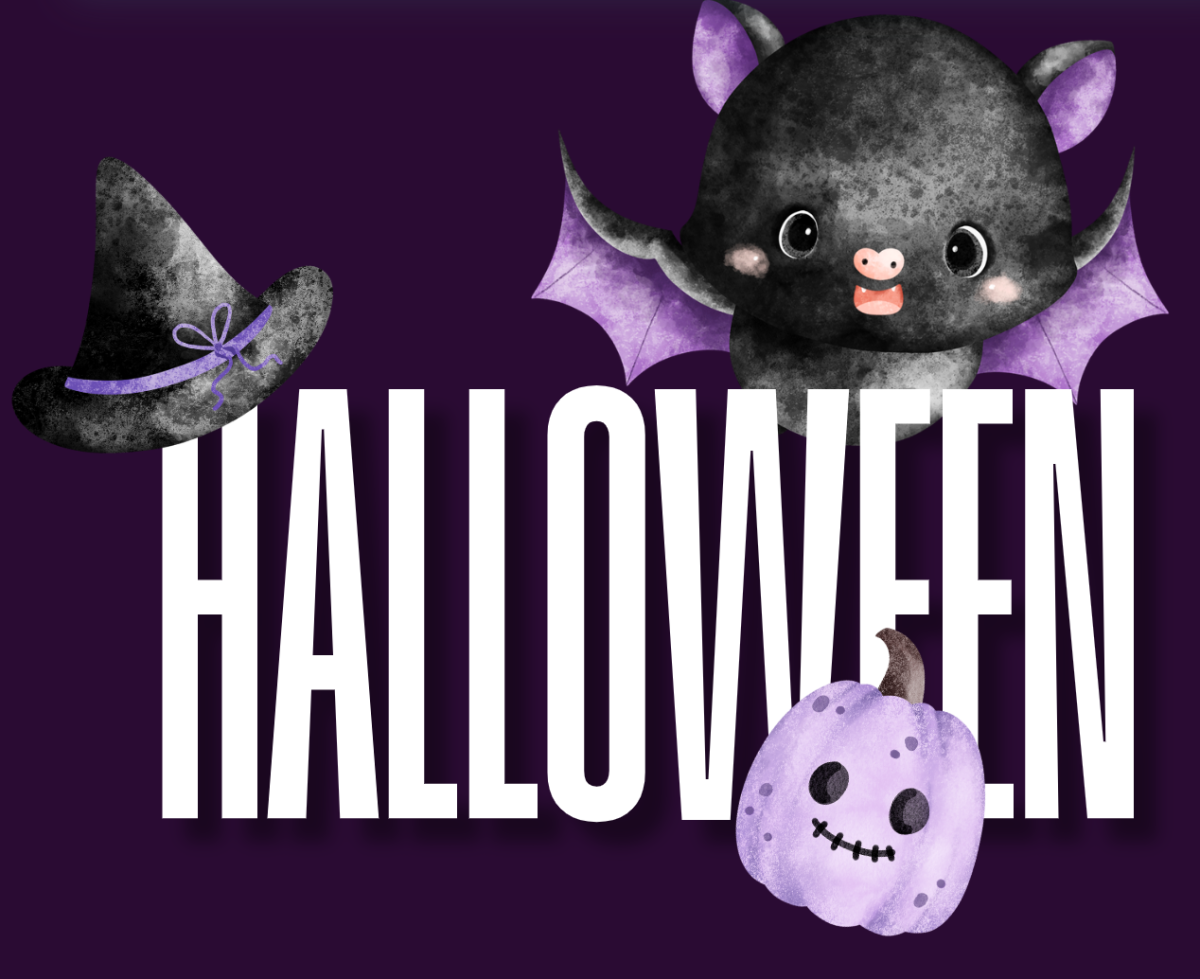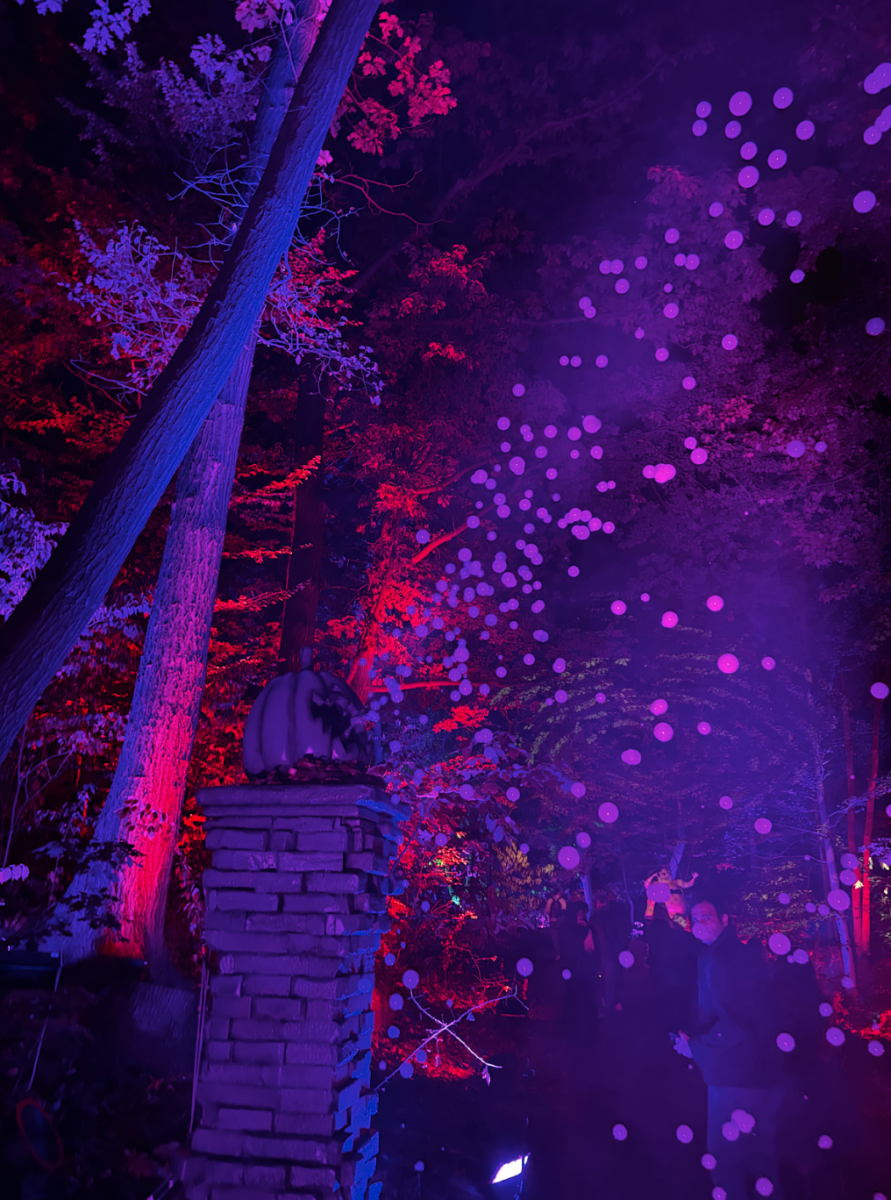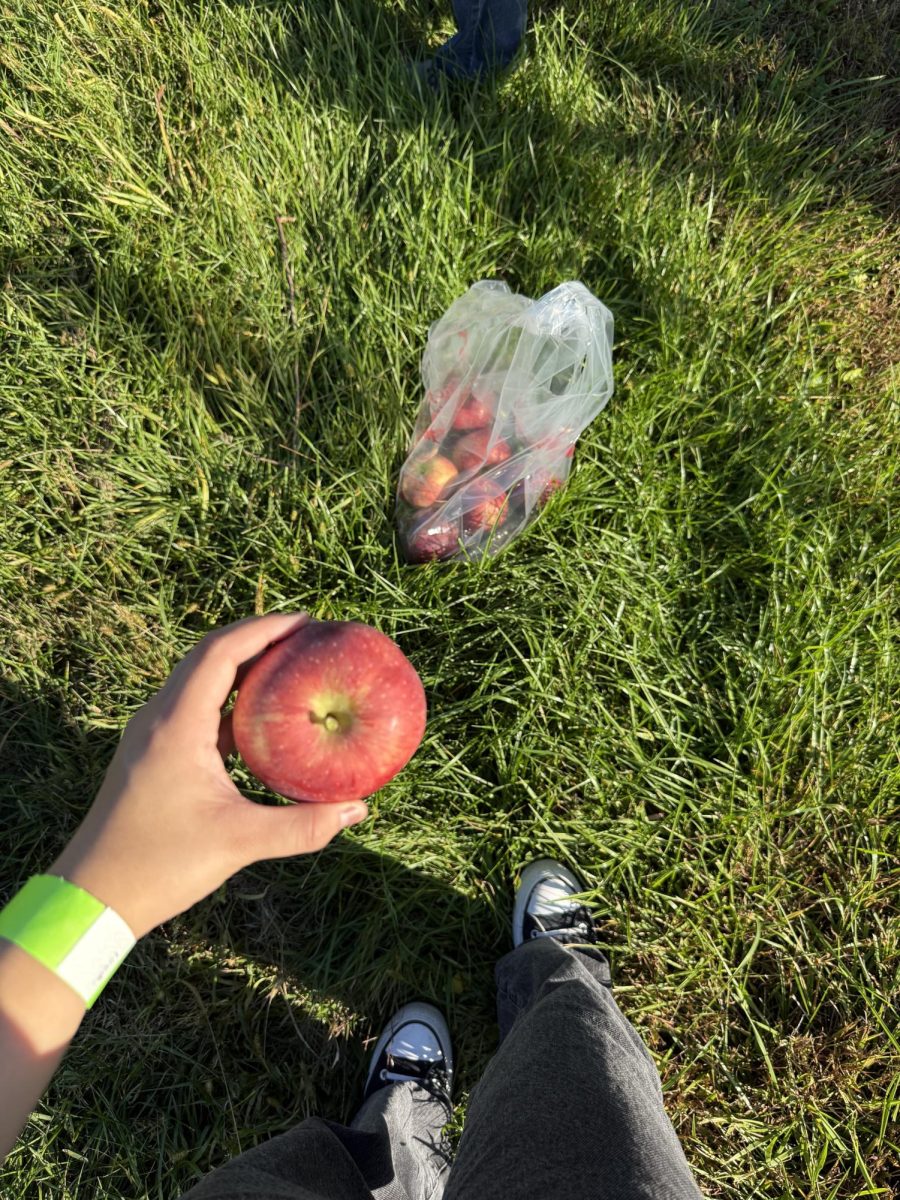By Erin Cabrey
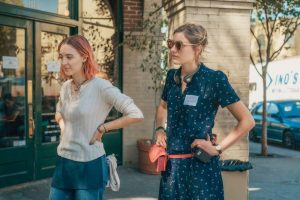
Lady Bird writer and director Greta Gerwig spoke with college journalists across the country on Nov. 30 in a phone conference call about her critically acclaimed directorial debut. During the conversation she detailed her filmmaking process and discussed the status of women in film and her penchant for on-screen female relationships.
Lady Bird chronicles 17-year-old Christine “Lady Bird” McPherson’s senior year of high school, as she yearns to attend college in New York City and escape her hometown of Sacramento. Lady Bird has already garnered rave reviews, especially for its depiction of the mother-daughter relationship in the film, and has made history as the best reviewed film in Rotten Tomatoes history. The film, recently awarded Best Film by the New York Film Critics Circle, has received Oscar buzz for Gerwig’s directing as well as acting by Saoirse Ronan and Laurie Metcalf.
When asked about the acclaim the film has received, Gerwig stated, “It’s amazing to have it be received like this. Because I know how much love and care and effort every single person who worked on this film put into it…Everyone has pulled so hard for the film and put so much into it and to get that love back is just extraordinary. It’s also completely intimidating but it’s great. It’s a good intimidation.”
On her inspiration for Lady Bird, Gerwig stated, “I was thinking about a lot of the different films that deal with both coming of age and growing up and occupying personal identity. And I wanted to make a film that was both one person’s coming of age and another person is letting go. And I wanted it to be as much about the adults as it was about the teenagers.”
She also discussed tapping into the relatively uncharted waters of the female coming-of-age film and stories surrounding exclusively female relationships.
“I think in a way, the story is a story that is so universal. But because there’s been a lack of female creators that it’s one that’s less documented than male coming of age… I’m always interested to see what the female version of that is, like what is Boyhood but for a girl, what is The 400 Blows but for a girl. And I felt that I had not – I had not seen that as much as I wanted to. So I wanted to make something that was about not only a young woman but about a mother and a family and a place.”
She went on to discuss her unique approach to portraying these relationships, such as that of Christine and her mother, and Christine and her best friend Julie (Beanie Feldstein).
“It felt like I was interested in emotional relationships that were just as deep and vivid and filled with love and complexity, but that just – that wasn’t – if it wasn’t a heterosexual romance. And I like taking things that are cliché in a way from heterosexual romances and putting them in another capacity.”
Gerwig also discussed the depiction of her hometown of Sacramento in the film and the universality of small towns on screen.
“I hope that [Lady Bird] connects to people who are from the cities that are less documented than in a New York or LA or San Francisco, or Chicago,” she said. “Because I’m interested in those cities and those stories and those places. I think there’s a lot of richness there and a lot of things that we don’t get to see and that’s what I’m always looking for when I go to the movie theater and hope that in a way someone will watch this and feel like they can make a film about the place that they’re in and not feel like they have to leave in order to make their artistic statement.”
Gerwig talked about the music used in the film, which is set in 2002. She previously discussed on “Late Night With Seth Meyers” that she had written personal letters to Justin Timberlake and Alanis Morissette for permission to use their music in the film.
“Music is such an important part of what I think it means to be a teenager and how you form your identity and your taste and imagining an adult life for yourself,” she said. “And so I was very careful about the music that I chose in the movie because I didn’t want it to just be music from the year 2002, I wanted it to have music from the 90s, because in 2002, it’s before the streaming and all the other stuff and you really got your music from the radio and people were still playing the hits from 10 years earlier or seven years earlier on the radio. So that was important to me.”
She also touched on the importance of her work in the grand scheme of 2017, a year notable for feats in female directing.
“I think that this year has been an amazing year for women in film,” Gerwig stated. “I think that the directors who’ve had films this year whether it’s a big blockbuster like Patty Jenkins with Wonder Woman or Angelina Jolie directed a film called First They Killed My Father, or Maggie Betts with Novitiate, or Dee Rees with Mudbound, it’s just an extraordinary year and to be part of that conversation is very meaningful to me.”





































































































































































































